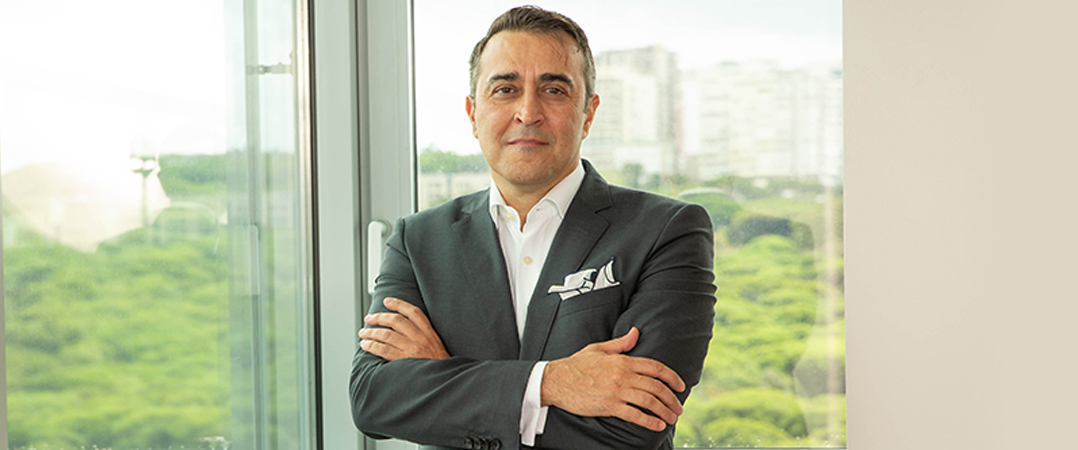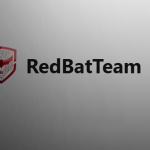Opinião
A solidão do líder: quando o sucesso cobra um preço alto demais

Neste que é o meu primeiro artigo após uma longa ausência pretendo que seja um resumo de vários artigos que quero ir escrevendo num futuro próximo e que abordarão temas menos “mainstream”. Porque há temas que se evitam por pudor ou por medo — como se a sua simples menção fosse sinal de fraqueza. Um desses temas é a solidão que acompanha a liderança.
Fala-se muito sobre liderança em termos inspiracionais: a visão, a coragem, o carisma, a capacidade de execução. Mas pouco se diz sobre o outro lado — o lado sombrio, privado e silencioso. A solidão de quem decide. O peso da responsabilidade de liderar equipas, empresas ou instituições sem margem para falhar, muitas vezes sem rede, sem tempo, sem descanso.
Quem está à frente, está exposto. E quem está exposto, aprende a endurecer. Mas essa couraça emocional, que tantos desenvolvem para sobreviver, é também o que os separa dos outros. Do grupo. Da empatia. E, muitas vezes, deles próprios.
Malcolm Gladwell, que já tantas vezes referenciei, nomeadamente quando escrevi sobre “Underdogs”, escreveu que “em confrontos entre gigantes e underdogs, os mais fracos vencem quando se recusam a jogar pelas regras do poder”. Mas o que acontece quando o “gigante” és tu? Quando, aos olhos dos outros, és tu o que venceu, o que chegou ao topo, o que já não tem desculpas nem fragilidades permitidas?
O que acontece é que se entra num ciclo de exaustão física e mental disfarçado de sucesso: o medo de falhar instala-se, a exigência aumenta, o erro deixa de ser aceitável. E o silêncio cresce. Muitos líderes — executivos, militares, empreendedores — vivem com ansiedade crónica, insónias, hiperatividade ou PHDA, ADHD em ingles que tantos ouvem falar, mascarado de produtividade, para não falar na crueldade do “síndrome de impostor” que a tantos efecta em silencio. Passam anos em piloto automático, até que o corpo ou a mente deixa de aguentar. E quando isso acontece, quase sempre acontece em privado.
Brené Brown, especialista em vulnerabilidade e liderança, diz que “coragem e vulnerabilidade não são opostos — são irmãos gémeos”. Concordo em absoluto. Mas na realidade é difícil ser vulnerável quando se espera de nós infalibilidade. Quando pedir ajuda ainda é confundido com incompetência e sobretudo fraqueza.
Há poucos estudos públicos sobre o impacto real da saúde mental nos cargos de topo — talvez porque é mais fácil ignorar do que enfrentar. Mas os sinais estão lá: exaustão emocional, burnout, depressão, crises de ansiedade. E, nos casos mais trágicos, suicídio. É um tema desconfortável, sim. Mas não falar dele é ainda mais perigoso.
Nos últimos anos, assisti muitos líderes brilhantes a quebrar — por dentro, por fora, ou os dois ao mesmo tempo. E vi também como a cultura do “tu és forte e aguentas tudo” continua viva nas organizações. Isso precisa mudar.
Precisamos de líderes humanos, em que as suas fragilidades sejam verdadeiramente aceites. E, sobretudo, de organizações que aceitem a humanidade dos seus líderes. Que permitam falhar, descansar, respirar. Que normalizem o erro e acolham a dúvida. Que saibam distinguir entre força e rigidez, e entre coragem e desgaste.
A liderança do futuro não será feita de heróis solitários, na verdade acho que nunca foi e, se foi, não teve um final feliz. Será feita de pessoas inteiras. Com espaço para sentir, errar e continuar. Juntos.
Versão em Inglês
The loneliness of leadership: the hidden cost of success
This, being my first article after a long absence, is intended as a summary of several articles I plan to write in the near future, addressing topics that are less “mainstream”.
Because there are topics we avoid out of shame or fear — as if simply mentioning them were a sign of weakness. One of these topics is the loneliness that accompanies leadership.
We hear a lot about leadership in inspirational terms: vision, courage, charisma, execution capability. But little is said about the other side — the dark, private, and silent side. The loneliness of the decision-maker. The weight of responsibility that comes with leading teams, companies, or institutions with no room for error, often with no safety net, no time, no rest.
Those out front are exposed. And those exposed, learn to harden. But this emotional armor, which many develop to survive, is also what separates them from others. From the group. From empathy. And, often, from themselves.
Malcolm Gladwell, whom I’ve referenced many times, especially when I wrote about “Underdogs,” said that “in battles between giants and underdogs, the weaker win when they refuse to play by the rules of power.” But what happens when you are the giant? When, in the eyes of others, you are the one who made it, who reached the top, who no longer has the right to excuses or permitted vulnerabilities?
What happens is a cycle of physical and mental exhaustion disguised as success: the fear of failure takes hold, the pressure increases, and mistakes are no longer acceptable. And the silence grows.
Many leaders — executives, military officers, entrepreneurs — live with chronic anxiety, insomnia, hyperactivity, or ADHD (often hidden under the mask of productivity), not to mention the cruelty of impostor syndrome that silently affects so many. They spend years on autopilot until their body or mind can no longer cope. And when that moment comes, it almost always happens in private.
Brené Brown, an expert in vulnerability and leadership, says that “courage and vulnerability are not opposites — they’re twin siblings.” I completely agree. But in reality, it’s hard to be vulnerable when infallibility is expected of us. When asking for help is still confused with incompetence — and above all, weakness.
There are few public studies on the real impact of mental health in top leadership roles — perhaps because it’s easier to ignore than to confront. But the signs are there: emotional exhaustion, burnout, depression, anxiety attacks. And in the most tragic cases, suicide. It’s an uncomfortable topic, yes. But not talking about it is even more dangerous.
In recent years, I’ve seen many brilliant leaders break — internally, externally, or both at once. And I’ve also seen how the culture of “you’re strong, you can handle anything” remains alive in organizations. That needs to change.
We need human leaders, whose vulnerabilities are genuinely accepted. And above all, we need organizations that accept the humanity of their leaders. That allow them to fail, to rest, to breathe. That normalize mistakes and welcome doubt. That know how to distinguish between strength and rigidity, and between courage and burnout.
The leadership of the future won’t be built on solitary heroes — in truth, I don’t believe it ever was, and if it was, it didn’t end well. It will be built by whole people. With room to feel, to err, and to carry on. Together.








